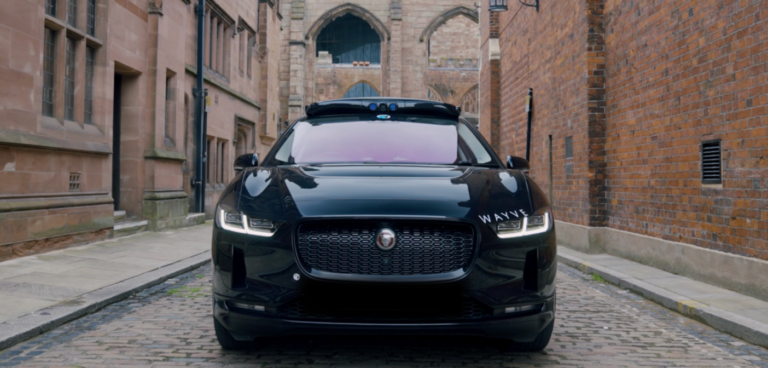London-based autonomous vehicle start-up Wayve has secured US$200m (£146.8m) in a Series B funding round, to further develop its AI-powered technology for AVs.
Wayve’s AV2.0 technology is designed to be an adaptable AV system for fleet operators. It combines the advantages of a camera-first sensing suite with the embodied intelligence of an end-to-end deep learning system. This system continually learns from petabyte-scale driving data provided by Wayve’s partner fleets, including Ocado Group, Asda, and DPD.
Alex Kendall, co-founder and CEO, Wayve, said: “We were the first team to develop the scientific breakthroughs in deep learning to build autonomous driving technology that can easily scale to new markets using a data-learned approach.
“Today, we have all of the pieces in place to take what we have pioneered and drive AV2.0 forward. We have brought together world-class strategic partners in transportation, grocery delivery and compute, along with the best capital resources to scale our core autonomy platform, trial products with our commercial fleet partners, and build the infrastructure to scale AV2.0 globally.”
Eclipse Ventures, long-time supporter of Wayve, led the round with participation from new global financial investors. These investors include D1 Capital Partners, Baillie Gifford, Moore Strategic Ventures and Linse Capital, as well as additional support from Microsoft and Virgin, and early-stage investors Compound and Balderton Capital.
They join strategic investor Ocado Group and a list of angel investors that include AI and industrial leaders, such as Sir Richard Branson. This latest round of funding brings total equity raised to over US$258m (£189.3m) since the company’s inception.
Seth Winterroth, partner, Eclipse Ventures, added: “As the industry struggles to solve self-driving with traditional robotics, it is becoming increasingly clear that AV2.0 is the right pathway to build a scalable driving intelligence that can help commercial fleet operators deploy autonomy faster.
“Wayve is breaking new ground by building AVs that can adapt to driving in new cities, previously unseen in training. As the leaders in this field, they have assembled an exceptional team of machine learning experts and AV veterans to drive AV2.0 to reality.”





